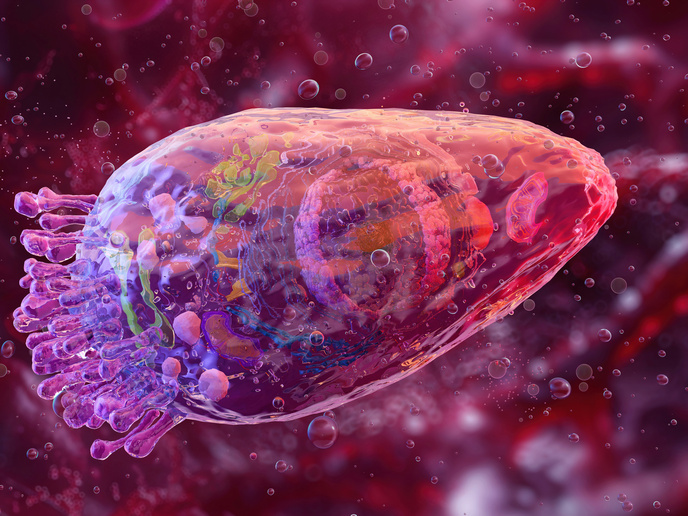Citizen science showcases beneficial bacteria
While bacteria such as Lactobacilli are known to be beneficial for health, nutrition and ecosystems, surprisingly little is known about their evolutionary dynamics and functional traits. This has limited our ability to fully harness their potential in areas such as women’s health, food innovation and sustainable agriculture.
How beneficial bacteria adapt to diverse environments
The Lacto-Be project, supported by the European Research Council(opens in new window), set out to address this by exploring exactly how beneficial bacteria such as Lactobacilli adapt to the diverse environments they inhabit, from the human body to fermented foods and even plants and insects. “To achieve our aims, we combined advanced genomics, microbiology and citizen science to study Lactobacilli in three key habitats,” explains Lacto-Be project coordinator Sarah Lebeer(opens in new window) from the University of Antwerp(opens in new window) in Belgium. “These habitats were the female reproductive tract, fermented vegetables and the natural environment, including bees and plants.” A pioneering element of the project was the fact that thousands of citizens contributed samples. This made Lacto-Be one of the largest microbiome studies of its kind. “We also developed powerful new software and lab tools – such as SCARAP, a scalable pangenome analysis toolkit and synthetic models – to identify key adaptive traits of lactobacilli across different habitats,” adds Lebeer.
Novel bacterial species across all three habitats
This work has led to some important advances. These include a new understanding of the vaginal microbiome and its links to lifestyle and environmental factors. This work was made possible by the Isala(opens in new window) citizen-science programme, set up as the women’s health-focused part of Lacto-Be. More than 6 000 women have signed up to help scientists study how vitamins, menstrual products and the menstrual cycle affect the vaginal microbiome. The project has gleaned new insights into how fermented foods are dominated by Lactobacilli, and which processes drive this. Evidence was also gathered suggesting that pollinators can transfer specific Lactobacilli to flowers, potentially helping prevent plant pathogens. “Finally, we discovered novel bacterial species across all three habitats, with unique properties such as antimicrobial compound production,” says Lebeer. “Some of these compounds are now being patented.”
Antimicrobial discoveries, biobank and genomic tools
These findings have broad implications. The antimicrobial discoveries for example may help address specific infections and contribute to tackling antibiotic resistance. Plant-derived isolates have shown promise as biocontrol agents, while food isolates could enhance the health benefits of fermented products. “The biobank and genomic tools developed through Lacto-Be are already being used by us and other researchers worldwide to develop next-generation probiotics and live biotherapeutic products,” says Lebeer. “And by involving thousands of citizens, we’ve demonstrated how science can be both inclusive and impactful.” Moving forward, Lebeer and her team intend to continue exploring the most promising strains through clinical and field trials, as well as patent development. The Isala platform is expanding internationally, with ‘sister’ projects now active in over a dozen countries. “We’re also working with partners in food, health and biotech to translate our findings into practical applications,” she notes. “Lacto-Be has helped to reshape scientific understanding, empowered citizens to contribute to research and laid the groundwork for innovations in health, food and sustainability. Our hope is that the tools, biobank and open science approach we’ve developed will continue to support researchers and innovators for years to come.”







